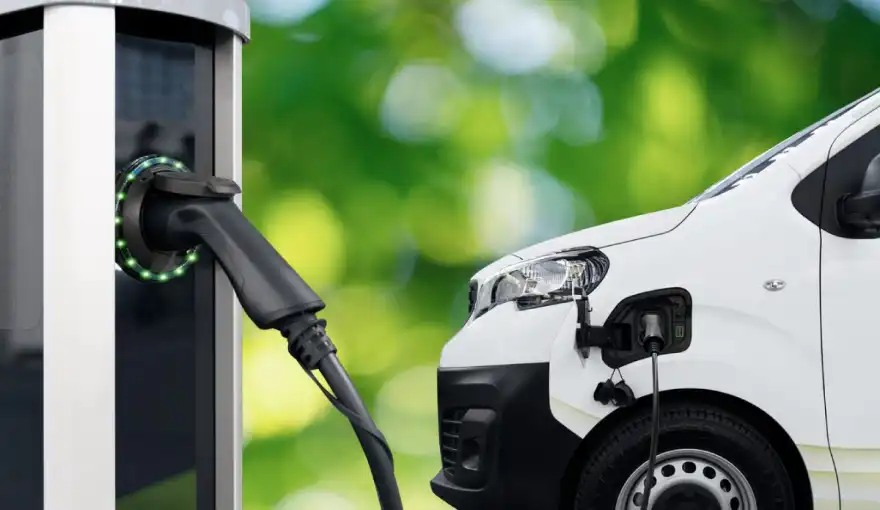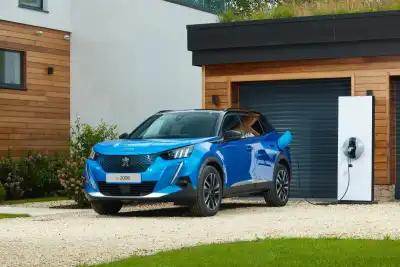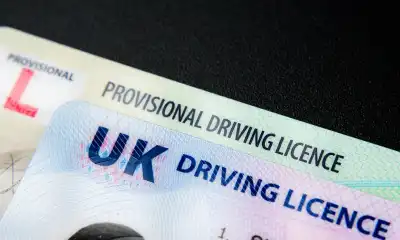
Thinking about getting a new van after 2030? The government's plan says new vans won't run on diesel anymore. Electric vans seem to be the main choice, but what about hydrogen-powered ones? We break the pros and cons of both.
Electric vans are everywhere now, making it seem like they're the only option. But hydrogen vans are also stepping up and deserve some attention. Let's dive into the comparison between electric and hydrogen vans.
How Does Hydrogen Fuel Work in a Van?
Both hydrogen and electric vans use electric motors to move. The difference is how they get their power. Electric vans charge up like your phone when plugged in. In some types, a regular engine helps recharge the battery while driving.
With hydrogen vans, it's more like filling up with diesel. Hydrogen, in liquid form, goes into a fuel cell. When mixed with oxygen, it creates electricity and water. The electricity powers the van, and water comes out as harmless steam.
Is Hydrogen Really Emission-Free?
Absolutely, there are zero emissions from the tailpipe. Plus, there's the potential for 'green' hydrogen, made from renewable sources like wind or solar energy. While electric vans depend on the mix of energy sources, including some non-renewable ones like coal.
Why Consider a Hydrogen-Powered Van?
Refilling a hydrogen tank is as quick as filling up with diesel, unlike electric vans that need at least 30 minutes at a fast charging station. Plus, you don't need to charge overnight, avoiding the need for a home wallbox.
Which Is More Cost-Effective?
Hydrogen costs between £10 to £15 per kilogram. A comparison between hydrogen and electric cars showed hydrogen costing around £11.40 for 100 kilometres, while electric was about £2.79. As demand grows, hydrogen costs might drop. But with the current energy crisis, electric charging costs might rise too.
Where can I find a Hydrogen Refill Station
This is a big challenge for hydrogen van fans. Unlike electric charging stations popping up everywhere, hydrogen stations are rare. As of now, there are only 14 in the UK, mostly in London and the South East.
Safety: Hydrogen vs. Electric
Hydrogen is safer than petrol or diesel in an accident. It disperses quickly if leaked. Electric vans have high voltages from their batteries. Though rare, if there's an accident damaging the battery, it can cause a fire that's hard to put out.
Payload and Weight
Hydrogen vans can offer higher payloads because they don't have heavy batteries like electric vans. Some hydrogen vans also have a battery, but they still have a good payload.
Availability of Hydrogen Vans
While not widely available yet, companies like Stellantis are introducing hydrogen versions of popular vans. Prices might start around £60,000, much higher than electric versions.
So, Electric or Hydrogen?
For now, electric vans seem more practical due to better infrastructure. But if hydrogen gains popularity, costs might drop. It's a tough choice, depending on what fits your needs and budget.
Remember, choose what works best for you and your business.




